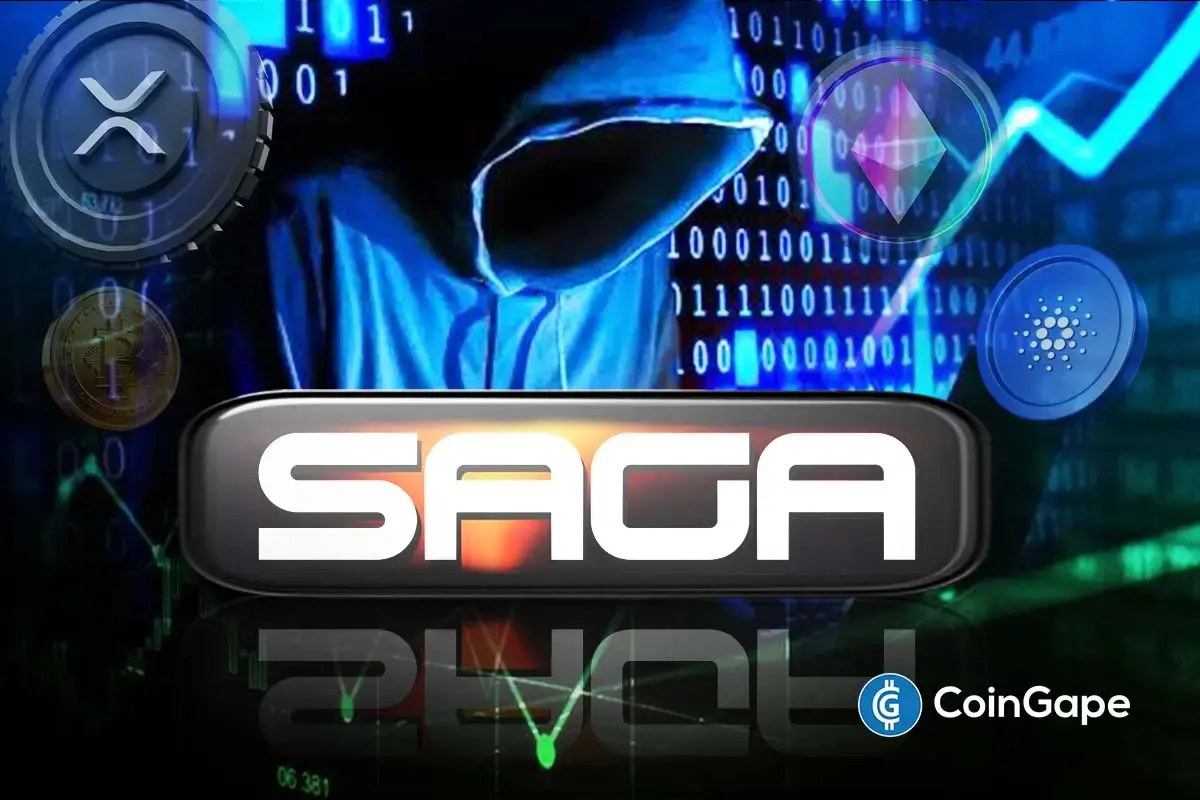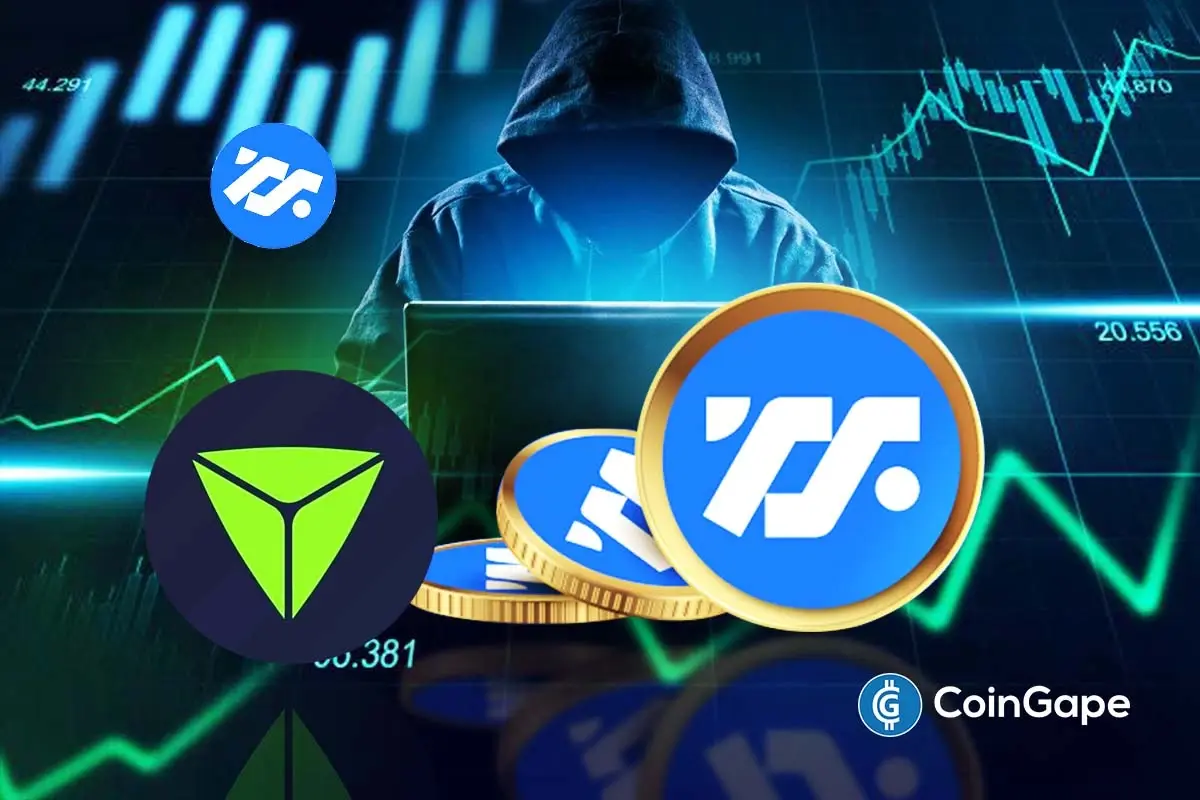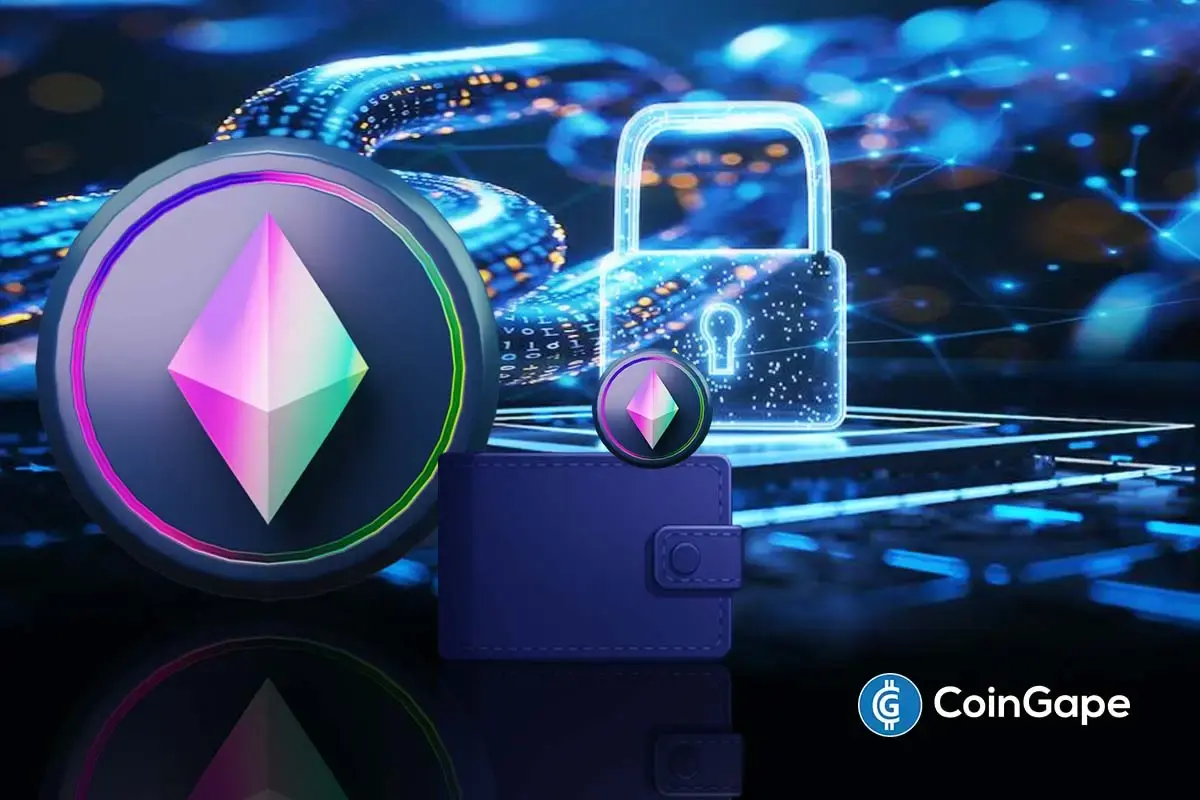So far, several of the channels that the hackers have taken control of, have been rebranded in a way that they’ll be broadcasting cryptocurrency scam.
The hackers sell the hijacked channels for prices ranging from $3 USD to $4,000 USD, with the prices depending on the number of subscribers on the channel.
According to reports, the hacks are being carried out using cookie theft malware — a fake software that has been configured to be running undetected on a victim’s computer. After successfully gaining access to the victim’s account, the hackers then proceed to change the names, display pictures and the entire content of the YouTube channels to mirror big cryptocurrency exchange firms and large tech companies.
In a particular event, the attacker broadcasted videos promising crypto giveaways after the viewers have made an initial contribution, says Google.
Google has since shared the above information with the Federal Bureau of Investigation (FBI) of the United States to investigate more deeply.

















